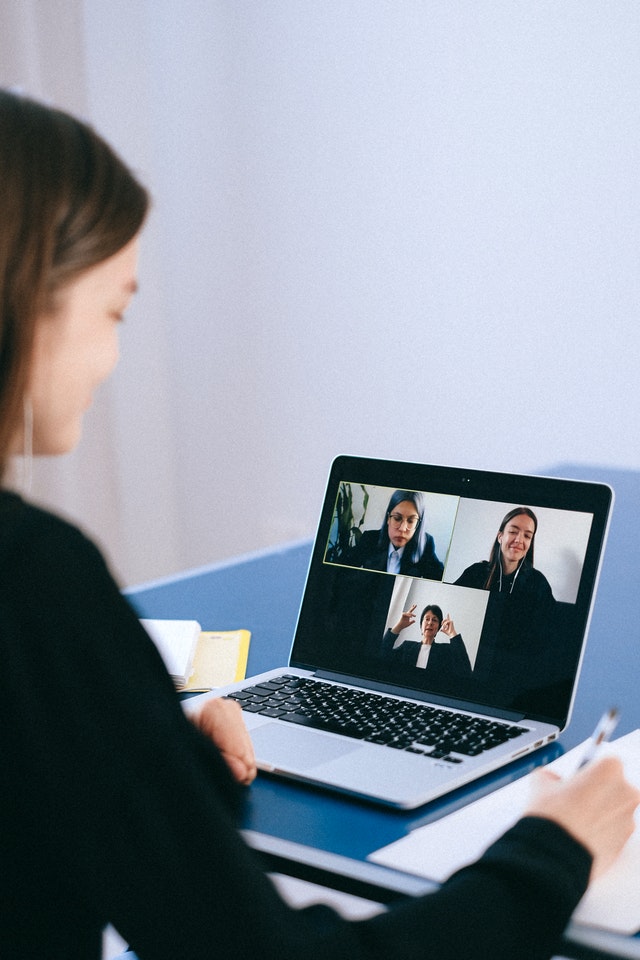Communication is essential in any relationship. In a professional association, active communication is even more critical. Active communication is the effective way to communicate during a conversation where you improve lines of communication with others while also being aware of your communication barriers. Active communication entails understanding what the person is saying, reserving opinions, and articulating an understanding of the conversation. A practical ability to summarize the conversation implies the overall knowledge of what was heard.
When you are active listening, it’s essential to listen with purpose. Ask yourself, “what is being said?” Judgment of the content being discussed should be reserved until the completion of the conversation; it’s important to remember that as humans, we naturally jump to conclusions. Conclusion speculation is our ability to problem-solve and provide an answer as an immediate solution. Make sure to listen for the main ideas or key points of the message. Is there a theme with the main characters? Where is the setting? Is there a question being asked? It’s important to remain flexible during active listening within the conversation.

Active listening encourages open-door conversation. During a conversation, find ways to engage in the conversation. Does the speaker use phrases, acronyms, paraphrasing, or other communication jargon? It’s important not to be thrown off course by words that may affect your emotions during a conversation. Continuing to listen without the urge to debate encourages active listening. Remember, many people communicate to impress, not to express; in other words, make sure that in the communication, if there is a misunderstanding about a word, phrase, or jargon, ask the speaker to clarify. These all show practical ways of active listening in a conversation.
Overall, remember active listening includes paying attention, showing that you’re listening, providing feedback, deferring your judgment, and responding appropriately in the conversation. And be sure to pay close attention to the speaker, whether in a group or on one-on-one. Put aside distracting thoughts that may deter you from listening closely. Make sure to nod to engage the speaker and show your listening occasionally. Encourage questions by providing follow-up questions or feedback. Your role as a listener is to understand what is being said, not to come to premature conclusions. Ensure to respond appropriately with your active listening abilities. Make sure to be candid, open, and honest with your responses. And make sure you treat the speaker in a way that brings respect to them and yourself.
Happy listening,
Jenice
Resources
Keys To Effective Communication. (n.d.). Retrieved 2021, from https://gacc.nifc.gov/eacc/logistics/crews/documents/keys_to_effective_communication.pdf
Mendoza, L. (n.d.). Developing Effective Communication. Retrieved 2021, from http://kortschakcenter.usc.edu/wp-content/uploads/2015/05/Workshop-Presentation-condensed.pdf
Tutorials Point – Effective Communication. (2016). Retrieved from https://www.tutorialspoint.com/effective_communication/effective_communication_tutorial.pdf
